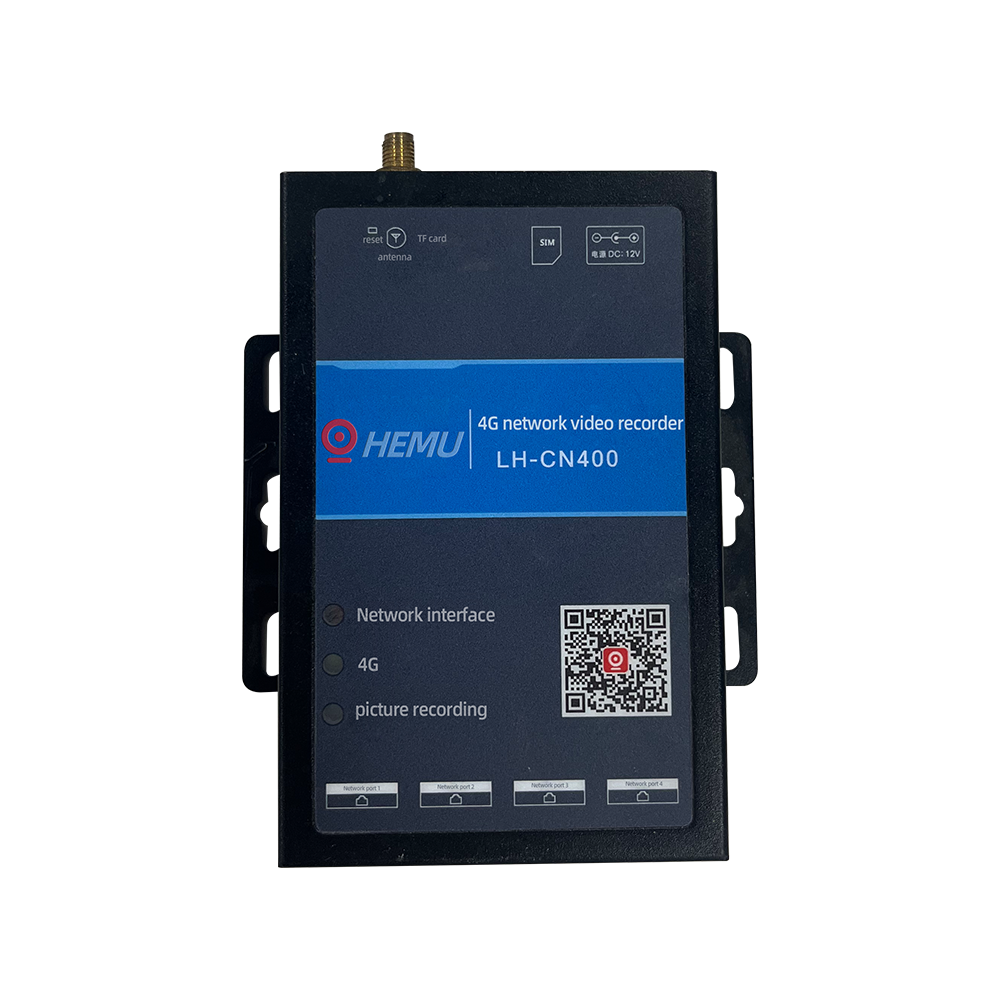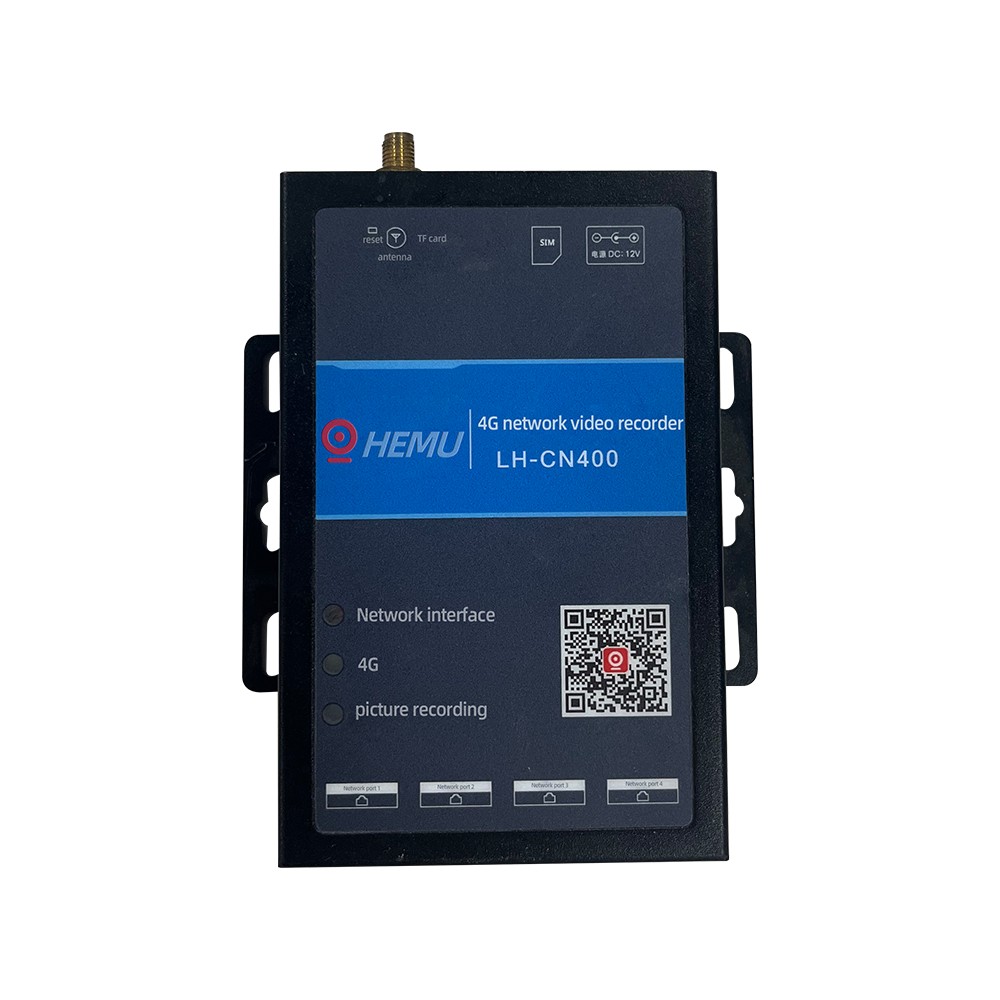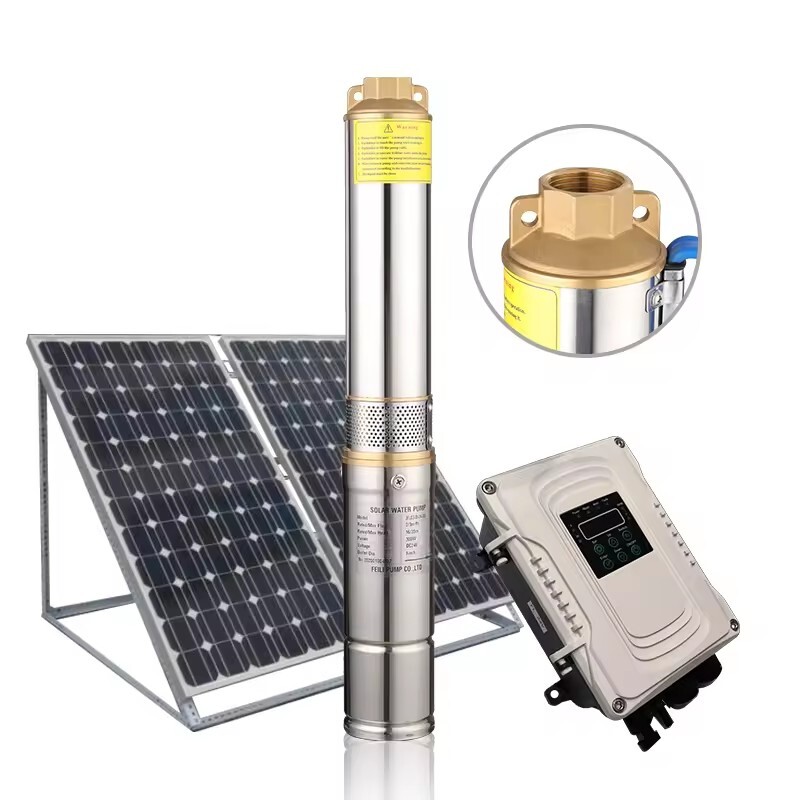* Price upon request
PRODUCT DESCRIPTION
4G NVR
4G NVR (Network Video Recorder) is a device that allows video surveillance over a 4G network. Typically, NVRs are used to work with IP cameras to collect, store, and manage the video data captured by these cameras. 4G NVRs add support for 4G cellular networks to this, making it possible to perform remote surveillance in places where there is no traditional wired network connection.
This type of NVR is ideal for application scenarios that require mobile surveillance, or for use in remote areas, temporary sites, and other places where it is difficult to deploy a fixed network. With a 4G network, users can access the NVR and view live video streams or recorded video from anywhere.
Here are some key features and uses of a 4G NVR:
Wireless Connectivity: The NVR can connect to the internet via a 4G LTE module, allowing it to operate without a fixed network connection.
Remote Access: Users can access live video feeds or recorded footage from the NVR using smartphones, tablets, or computers over the internet.
Flexibility: It can be deployed in remote locations or areas where setting up a wired network is impractical or costly.
Backup Connection: In case the primary network fails, the 4G connection can serve as a backup to ensure continuous operation of the surveillance system.
The 4G NVR is ideal for applications such as construction sites, temporary events, or mobile surveillance needs. It's also useful in rural or remote areas where reliable broadband connections may not be available.
When considering a 4G NVR, you should look at factors such as:
Compatibility with specific IP camera models.
Storage capacity for recorded video.
Battery life if the device is intended to be wireless and portable.
Data plan costs associated with 4G usage.
Signal strength and coverage in the area where the NVR will be used.
If you have any specific questions about choosing or setting up a 4G NVR, feel free to ask!
RELATED SUGGESTION
SEND US YOUR INQUIRY
SEND US YOUR INQUIRY


















